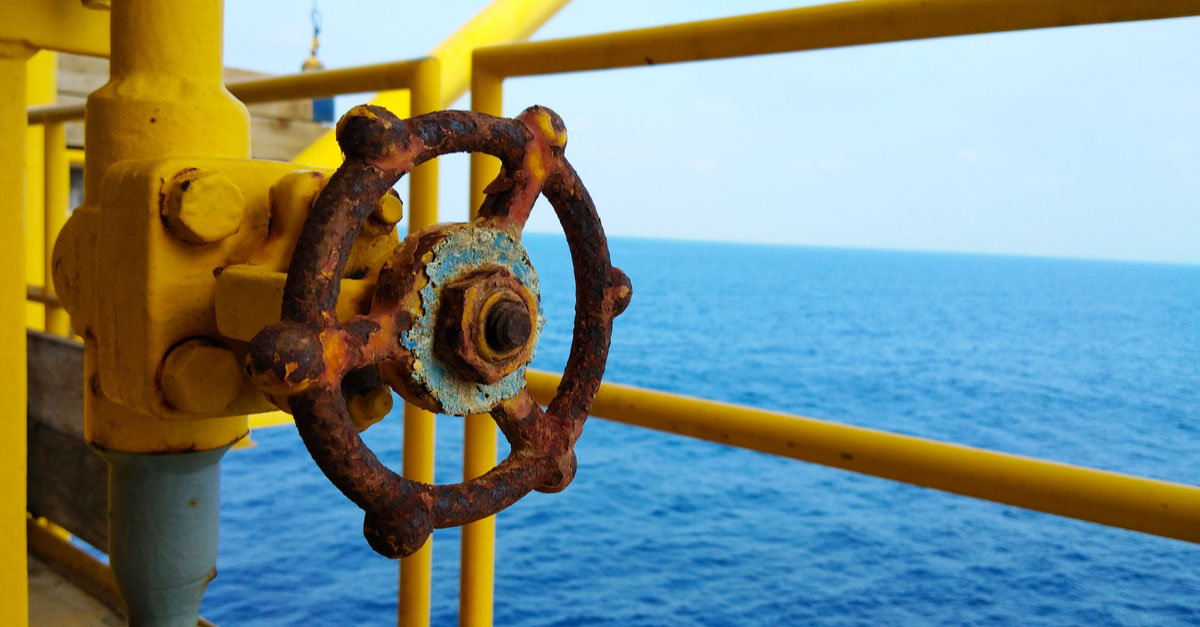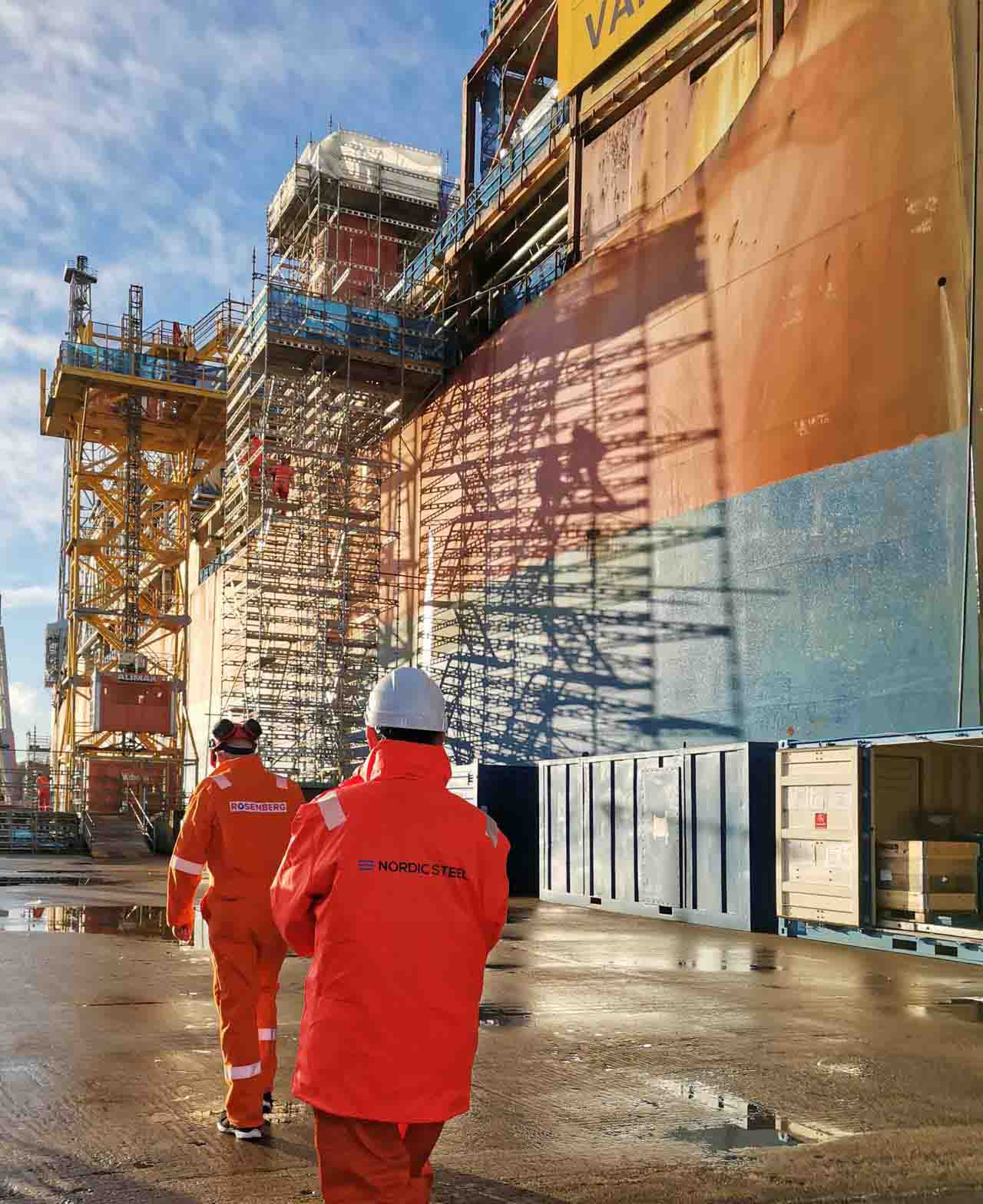
Corrosion is a natural process that damages materials, therefore it is important to know the corrosion classes, so that you can choose the right material and surface treatment against corrosion.
In many corrosive environments, corrosion on metals, steel and aluminum leads to major problems. The problems are of both an aesthetic and safety nature, and manifest themselves as rust on steel surfaces, running rust water, stains of silver or green coating.
Concealed processes of corrosion can also take place, for example on concrete reinforcement and on ceiling fastenings.
Inadequate protection against corrosion can lead to serious consequences and, in the worst case, fatal accidents.
It is therefore important to choose the right surface treatment based on the environment to which the steel will be exposed.
There are a number of different corrosion classifications, with the most common corrosion classes being C1-C5 based on the ISO 12944-2 standard.
Heated buildings with clean atmosphere.
In this environment you can use untreated steel or painted steel.
The C1 class includes materials that are not exposed to corrosion in normal atmospheric air.
This can be:
Atmosphere with little or no degree of pollution.
Country atmosphere where condensation can occur.
In this environment, lacquered steel should be used.
The C2 class includes materials that can withstand some corrosion in normal atmospheric air.
This can be:
City and industrial atmosphere, moderately polluted with sulfur - possibly coastal climate with little salt.
The C3 class includes materials that are more susceptible to corrosion in normal atmospheric air than the C2 class, which can withstand some corrosion.
This includes materials such as low carbon alloy steel.
Galvanized or stainless steel should be used in this environment.
This can be:
Industry and coastal areas with moderate salt content.
The C4 class includes materials that are more susceptible to corrosion than the C3 class. This includes materials such as high carbon alloy steel.
In this environment one should use Duplex or stainless steel.
This can be:
Industry and coastal areas with high humidity and aggressive atmosphere.
Constant condensation and heavily polluted atmosphere.
The C5 class includes materials that are highly susceptible to corrosion and that require special protection to prevent corrosion.
Acid-resistant steel should be used in this environment.
Coast and sea areas with a high salt content.
Constant condensation and heavily polluted atmosphere.
The C5M class includes materials that are highly susceptible to corrosion in marine environments and that require special protection to prevent corrosion.
Acid-resistant steel should be used in this environment.

C1: Not suitable for outdoor use. Is suitable for indoor premises with a clean atmosphere
C2: Is suitable for dry inland climates with little or no pollution. Indoors in unheated premises where condensation can occur
C3: Is suitable in city and industrial atmospheres with moderate pollution and coastal climates with low salt content. Production premises with high humidity such as the food and brewery industry
C4: Is suitable in industry and coastal areas with moderate salt content, chemical companies and shipyards
C5: Is suitable for highly corrosive environment with high humidity and aggressive atmosphere, with almost constant condensation and highly polluting atmosphere